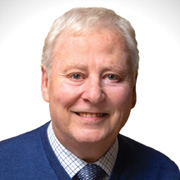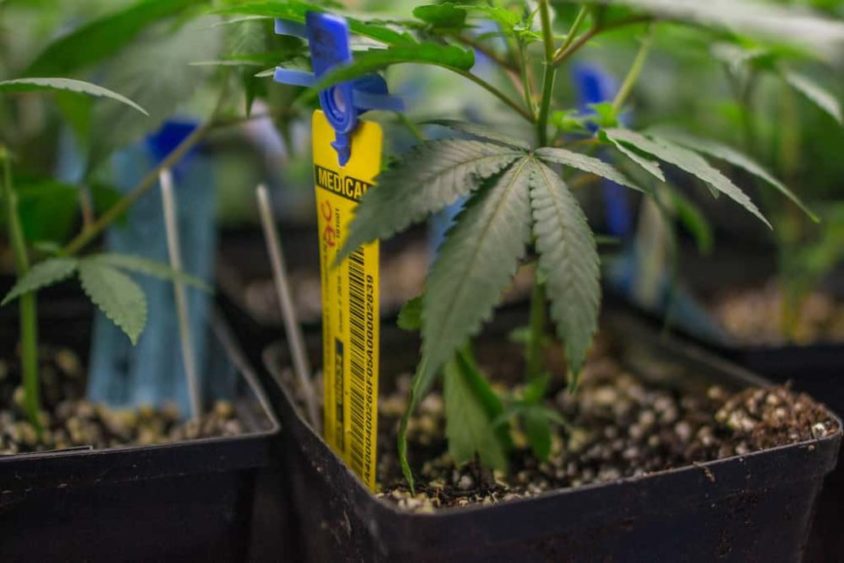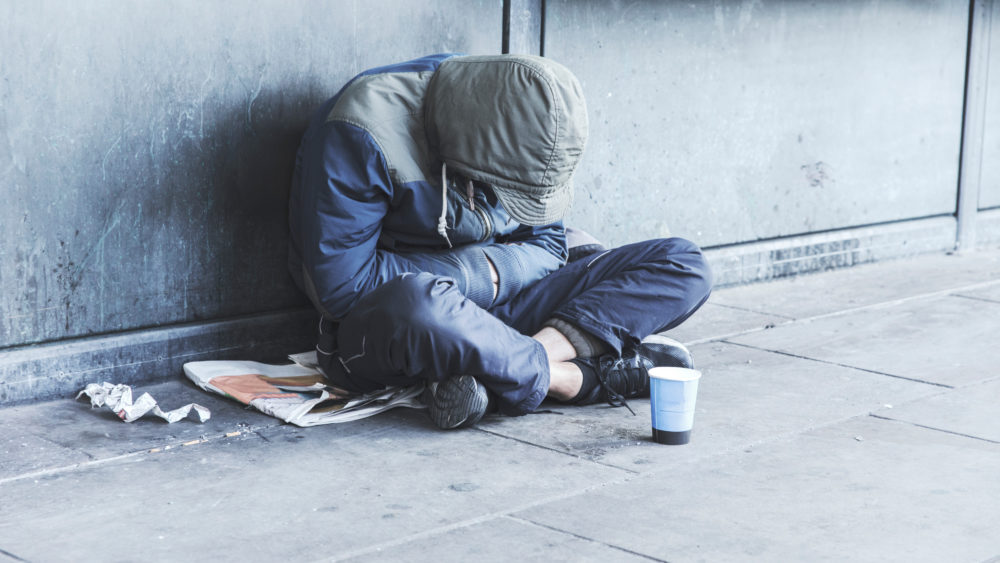These drugs are approved by the Food and Drug Administration. Cannabis is not, and yet cannabis was approved by voters first for “medical” use and then for personal use in California, without a long list of official warnings. I’m not a fan of cannabis. I don’t want to smoke it or ingest it in any way. I don’t want the jelly beans infused with Cannabidiol, a non-intoxicating derivative of cannabis. Frankly, I would much rather share a bottle of Rochioli West Block Pinot Noir.
I wish that voters had a chance to study two big warnings about cannabis before approving it. My warnings would be: first, just because voters approve cannabis doesn’t mean it’s safe; and second, regular use of cannabis can lead to cannabis dependency and psychotic disorders, including schizophrenia, command-type paranoia (voices telling you what to do), anxiety and violent behavior.
I interviewed a licensed nurse, who asked not to be identified, and was opposed to the approval of cannabis. Tell me why, I said. She responded, “If cannabis is made legal, people will assume it’s safe. There is a parallel with opioids used as pain medications. Doctors were encouraged to ‘do a better job’ treating patients for pain. In response, doctors queried patients much more closely about their pain levels, and, encouraged by drug companies, prescribed very potent opioid pain medications. Patients assumed that the medications were both legal and safe. After all, the doctor had prescribed them. In many cases patients asked for the drugs by name.”
The nurse continued, “What was often missing was a detailed warning that the drugs are highly-addictive, which arguably affects the whole idea of what is ‘safe.’ At the same time, prescriptions which used to be for 10 tablets of Tylenol with codeine became 30 or 60 tablets of Vicodin or OxyContin.”
“Voter-approval of cannabis will similarly pair ‘legal’ with ‘safe’ in the minds of users, as in safe to seek out and use cannabis with the highest potency of THC, the psychoactive constituent of cannabis. What could go wrong?”
I also interviewed a licensed clinical psychologist, who also asked not to be identified, for an answer to that question. Paraphrased, this is what she told me: There have been a number of studies that link regular use of high-THC cannabis with symptoms of schizophrenia and paranoia. Since legalization there has been a sharp increase in patients with paranoia and command-type auditory hallucinations.
The psychologist gave an example of a patient—a male, age 15, with cannabis dependency that had increased to the point that he was smoking pot every two hours around the clock. He had severe anxiety, insomnia, schizophrenia, and no appetite, weighing just 122 pounds at a height of 5’9.” His parents, who smoke pot regularly, don’t believe cannabis caused their son’s anxiety or that treating his cannabis addiction was even pertinent to the discussion of helping him.
The psychologist wanted the boy’s parents to understand that cannabis was causing their son’s symptoms, including anxiety. She worked hard to build rapport with the patient and got him admitted to a 12-week detox program. He gained weight and his symptoms stopped entirely, without pot. But his parents wouldn’t take him to Narcotics Anonymous meetings after his release from detox. Four months later, he relapsed and his symptoms returned.
The psychologist summarized her thoughts on cannabis as: “Society believes the advertisers, that cannabis is a cure-all for anxiety, pain, etc… Cannabis users don’t believe cannabis is the problem because it’s legal. Just because cannabis has been used in case studies for pain or anxiety, doesn’t mean it’s safe for most people, or for long-term use. Opioids present the same issue. Use builds tolerance and makes it harder to quit. Cannabis and opioids are hand-in-hand. Sadly, I see more clients now than in the last 20 years with paranoia, anxiety, impulsivity and inability to work, caused or exacerbated by cannabis. And for people who say they have smoked pot and not become psychotic, they are lucky. But there are also people who have driven drunk and not crashed, which does not mean drinking and driving is a great idea.”
A native of Santa Rosa, Bob Andrews is a former pension trust officer at Exchange Bank, and was a long-time co-owner of a retirement plan administration firm. He’s married with two children and three grandchildren and loves everything to do with wine. Contact him at bandrews@northbaybiz.com.





